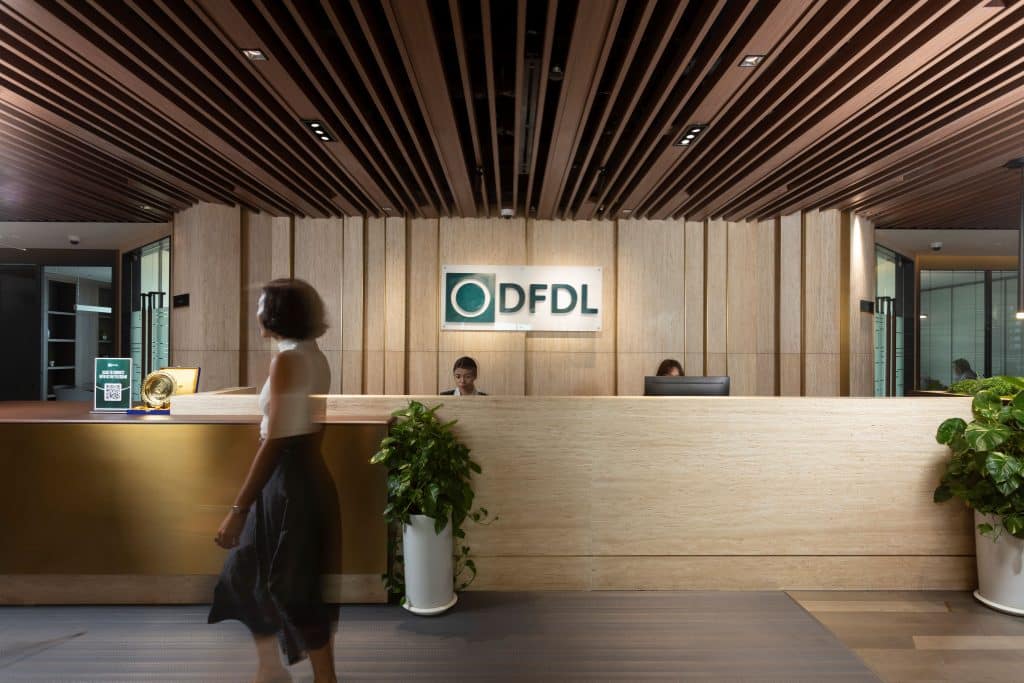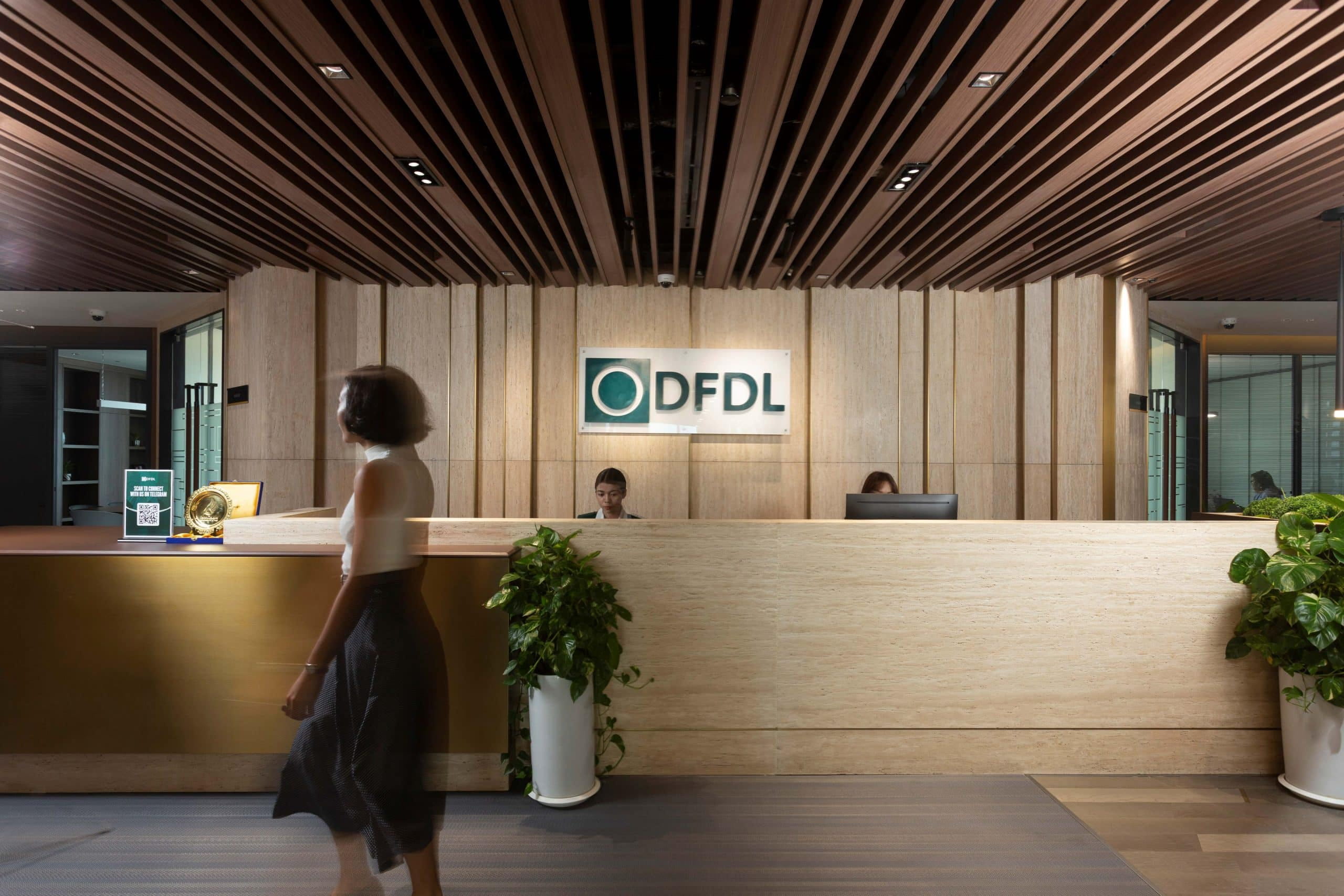
“You can’t always get what you want, but if you try sometimes, you might just find you get what you need.”
– The Rolling Stones
Letter No 29613 issued by the General Department of Taxation in August 2024 to the Associations of Banks and Microfinance in Cambodia clarifying the application of the E-Commerce reverse charge obligation has finally put to rest what has been a long-standing contested issue between the private sector and the tax authority.
Letter 29613 outlines the approval of the Ministry of Economy and Finance to define certain activities/transactions that are provided to Cambodian financial institutions, which include banks and MFI’s, by non-resident e-commerce suppliers as non-taxable supplies for value added tax (VAT) purposes.
This confirmation allows Cambodian financial institutions to exclude certain transactions from the e-commerce reverse charge mechanism imposed under the e-commerce VAT framework that was introduced in 2022. The clarifications provided for under Letter 29613 take effect from 22 August 2024 and do not apply retrospectively.
The activities/transactions of non-resident e-commerce providers to financial institutions that are now considered as non-taxable supplies for the purposes of the VAT e-commerce regime include:
- Expenses on education, and training, including relevant study materials and electronic study materials (including electronic documents or e-books or videos) supplied by educational institutions that are officially recognized by the competent authority of those countries.
- Overseas lawyer’s fees supplied by law firms including the preparation of lawsuits, filing lawsuits with commercial arbitration and notary public.
- Independent directors’ fees.
- Evaluation fee on level of risk conducted by MOODY, S&P and FITCH AGENCY that are the risk evaluation agents and recognized by the National Bank of Cambodia.
- Monthly Fees, Bank Charge, Charges to Correspondent Banks, TT Fee.
- Operation expense on money transfer to overseas bank (Overseas Transfer).
- Operation expenses to obtain credit from overseas such as interest expenses, and other services which are determined by the lenders.
- Relevant expenses directly related to money transfer service which is paid to SWIFT Company or BOTTOMLINE only. (The annual fee for using the system, license, royalty, or maintenance of the system of SWIFT Company or BOTTOMLINE Company is still subject to VAT).
- Direct expenses on the settlement via credit card or debit card and cash withdrawal from an ATM to respective entities including VISA, Mastercard, Union Pay, UPI, AMEX and JCB (the annual fee on the usage of the system, license, royalty or system maintenance of VISA, MASTERCARD, UNION PAY, UPI, AMEX and JCB are still subject to VAT).
Overseas VIP airport lounge expenses are not considered as a non-taxable supply for e-commerce purposes however as the service and/or good is consumed outside of Cambodia VAT should be zero-rated.
Analysis
The implementation of a non-resident E-Commerce VAT regime in Cambodia came about via the passing of Sub-Decree 65 in April 2021 and further implementing regulations including Instruction 20522 in December 2021 and 6900 in April 2022.
In brief the E-Commerce VAT regime introduced a simplified VAT registration requirement for those non-resident entities providing e-commerce services and/or products that met an annual turnover threshold to Cambodian consumers and a VAT reverse charge mechanism for Cambodian businesses that transacted with non-resident e-commerce suppliers.
From 2022 a Cambodian business transacting with a non-resident e-commerce provider is required to account for the VAT of the non-resident e-commerce provider via a reverse charge mechanism which also allows the Cambodian business to also receive a corresponding VAT input credit which they can be offset against VAT sales output.
In theory this system works well with the Cambodian government effectively generating additional VAT revenue predominately on the VAT paid by non-resident e-commerce providers who must register for VAT in Cambodia and then transact with individuals (B2C transactions). The classic example being a Netflix or Meta that registers for VAT in Cambodia now having to charge VAT on transactions with individuals and disclose and pay that output VAT to the Cambodian tax authority without any allowable VAT input offset.
Where the E-Commerce VAT reverse charge gets a bit tricky is in situations such as the banking community in Cambodia. Under the Cambodian tax code financial institutions operating in Cambodia are seen to be carrying out non-taxable supplies. A taxpayer carrying out non-taxable supplies does not charge 10% on their sales and conversely cannot claim VAT input credit from purchases with tax registered suppliers. Instead, the VAT cost from a supplier invoice is expensed for tax purposes. From a tax perspective a dollar for dollar offset between input and output VAT is more effective than expensing a VAT cost which only allows for a slight reduction in Tax on Income liability if the entity is profitable.
The e-commerce VAT regulations outline that the supply of an e-commerce service or good by a non-resident that falls under the domestic definition of a non-taxable supply is considered as a non-taxable supply of the non-resident supplier i.e. VAT will not apply on the transaction.
The historical issue for the banking community in Cambodia, which also led to the issue on e-commerce VAT, was that the definition of financial services had never been properly defined for VAT purposes. A Prakas defining financial services for VAT purposes was issued in 2017 but was then quickly revoked after a strong reaction from the business community and the public who may have faced additional costs resulting from the implementation of VAT certain activities carried out by banks.
Turning back to the issue at hand of the implementation of the e-commerce VAT regime, financial institutions in Cambodia were facing the prospect of having to implement a VAT reverse charge on transactions with non-resident e-commerce providers resulting in an charge to the banks of 10% VAT thereby leading to additional costs that would either need to be passed on to their customers or shareholders neither of which it can be assumed would be thrilled with the outcome.
With that in mind the lobbying began in earnest with the final output being the issuance of Letter 29613. Looking closely at the list of items contained in Letter 29613 it can be argued that they are quite narrowly defined with except perhaps the reference to educational services and director fees. The bulk of the activities listed in Letter 29613 have a close nexus to the core finance activities that are carried out by banks in Cambodia and so therefore the argument that they should be regarded as non-taxable supplies of the non-resident supplier appears sound.
What appears less sound is the reference to director fees being considered as a non-taxable supply. The inclusion of director fees in Letter 29613 raises an interesting proposition for those Cambodian entities that are not considered financial institutions. It is becoming an increasingly common tax audit issue for auditors to not just deem a director fee on non-resident directors who appear in the Articles of a Cambodian company but also to deem a re-assessment of VAT on the basis that the director fee constitutes an e-commerce activity provided by the non-resident director that should have been accounted for under the reverse charge mechanism.
If a director of a Cambodian company is providing limited support and only administrative services, it is questionable whether they should be regarded as providing e-commerce activities and if the provision of director fees to banks in Cambodia are considered to be non-taxable supplies then why should this not be the case for director fees provided to non-banking entities in Cambodia.
Finally financial institutions are not alone with respect to the interpretation issues regarding e-commerce activities and non-taxable supplies. It should be noted that insurance entities for example also carry out non-taxable supplies in Cambodia and may also benefit with similar clarifications for their industry.


